The Poshan Abhiyan or the National Nutrition Mission is the flagship campaign launched by the Government of India to tackle malnutrition and bring improvements in the nutritional status of children of up to 6 years of age, adolescent girls, pregnant women and breastfeeding mothers.
This mission was launched by the honorable Prime Minister of India Sh Narendra Modi on the occasion of International women’s day, 8th March 2018 in Jhunjhunu Rajasthan; This mission likely to free India from malnutrition by 2022.
Despite these nutrition problems remaining rampant in the country, the program comprises of advanced technological application, sound policy measures and community involvement.
What is Poshan Abhiyan?
The Nutrition Mission or Poshan Abhiyan is a multi-ministerial approach towards the nutritional intervention required to usher in a transformative new approach to tackling malnutrition. These include improvement in child stunting, under nutrition, anemia and low birth weights in children.
At the same time, it seeks heath and improved standards of living among women and adolescents.
A good example of this mission is the fact that it is a compound program that pulls together many other programs under one program to enhance improvements and monitoring.
Objectives of Poshan Abhiyan
The core objectives of Poshan Abhiyan are:
- Reducing Stunting: Aiming to cut the stunting rate by at least 2 percentage points per year for children under six years of age.
- Curbing Undernutrition: The implementation of a plan to reduce undernutrition under achieving 2 percent annually.
- Lowering Anemia: Lowering prevalence of anemia by a rate of 3% per year in children, adolescent female and women of child bearing age.
- Reducing Low Birth Weight: Specific to low birth weight where every year a 2% decrease is their target.
Such objectives are retained with reference to the sustainable development goals which focus on Health and Well-being.
Some Important Component of Poshan Abhiyan
1. Technology Integration
Being a technology intervention program, the Poshan Abhiyan is equipped with mobile tools and technologies for real-time monitoring of the programs and effective delivery of services. Mobile applications used to track progress in performing tasks also guarantee that people are willing to be accountable for the tasks assigned to them.
2. Community Participation
It mainly involves the community in its effort to wish for behavioral change and spread word about appropriate dieting. This is why activities such as the Poshan Maah (Nutrition Month) are planned and executed to marshal a community’s support for the cause.
3. Convergence of Schemes
Organizing different existing nutrition related program like Integrated Child Development Services (ICDS), National Health Mission (NHM), Swachh Bharat Abhiyan, etc are integrated in one scheme namely Poshan Abhiyan.
4. Behavioral Change Communication
Getting people informed on health related issues including nutrition is an area of emphasis with special regard to IEC. These campaigns aim at making family change their eating habits and hygiene practices.
5. Focus on First 1,000 Days
The mission focuses on a period of the initial 1000 days of the life of child encompassing both pregnancy and the first 24 months of the child’s life. This is the most significant period within cognitive and physical development.
Target Group of Poshtan Abhiyan
The Poshan Abhiyan specifically caters to:
- Children aged 0-6 years
- Pregnant women
- Lactating mothers
- Adolescents
It should also through programmes get a chance to complemete the health needs of these vulnerable groups with an emphasis on their nutritional requirements.
Successes of Poshan Abhiyan
Since its launch, Poshan Abhiyan has made significant strides in addressing malnutrition:
- Improved Monitoring: Beneficiaries have been tracked in real time through the use of mobile applications.
- Increased Awareness: Such events as Poshan Maah and Poshan Pakhwada have played a role on increasing awareness on nutrition among the common people.
- Community Involvement: Anganwadi worker and healthcare provider involvement and appreciation from the communities have encouraged the mission.
- Behavioral Change: Campaigns to change people’s behaviors concerning diet and hygiene have been successful due to changes within families.
Challenges in Implementing Poshan Abhiyan
Despite its successes, the Poshan Abhiyan faces several challenges:
- Logistical Issues: One concern that remains a particular challenge is the efficient delivery of nutrition supplements and services geographically widespread.
- Cultural Barriers: Cultural and social norms and values contribute to the rejection of conventional recommendation on nutrition.
- Resource Constraints: Constraints in resources make it difficult to effectively carry out programs and projects.
- Awareness Gaps: Awareness campaigns have to an extent been effective, but the problems of identifying and targeting the ‘hard to reach’ populations have not been fully solved.
Future of Poshan Abhiyan
To achieve its ambitious goals, the Poshan Abhiyan must address these challenges through:
- Strengthened Infrastructure: Improving the ASHA Centers & quality of other Anganwadi centers & Healthcare Sector.
- Enhanced Training: Improving the training and support for the first-level employees.
- Increased Community Engagement: Including gatekeepers and opinion dispensers to propagate the mission.
- Policy Support: Policies can and should be revised on a regular basic to meet the new and emerging nutritional requirements and issues.
Conclusion
Described here is one of the most significant activities in combatting malnutrition in India – the Poshan Abhiyan. While promoting the community involvement, using technology and integrating several schemes, it goals to free the nation from malnutrition. They still exist, yet, the work done so far speaks for the mission and highlights how the mission can change lives and make India a healthier nation.
Read More Blogs:)

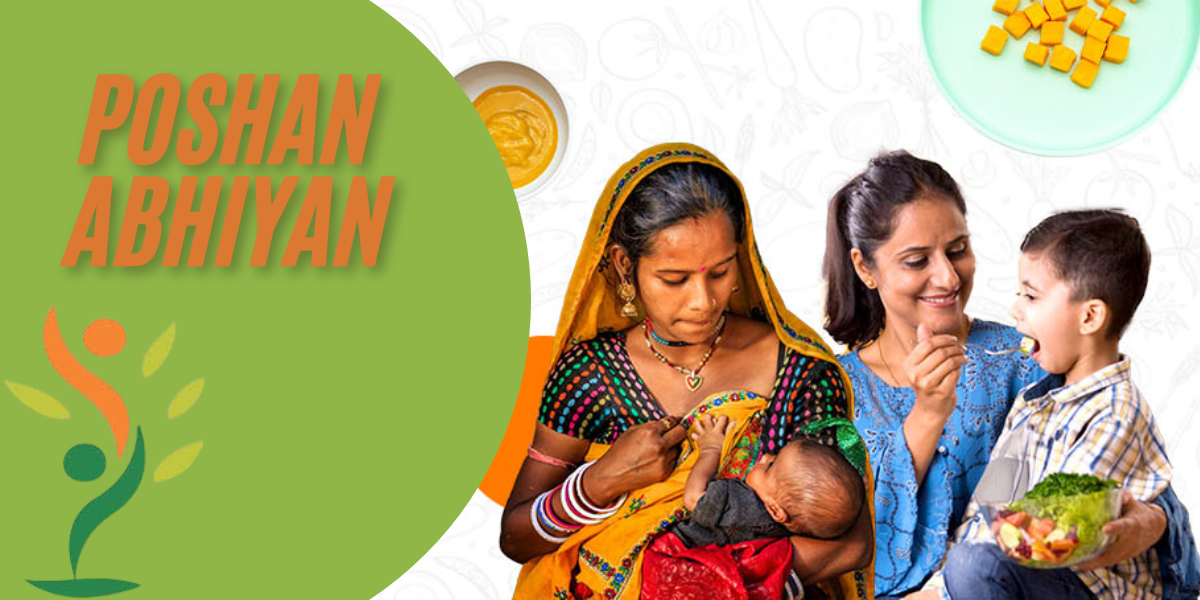


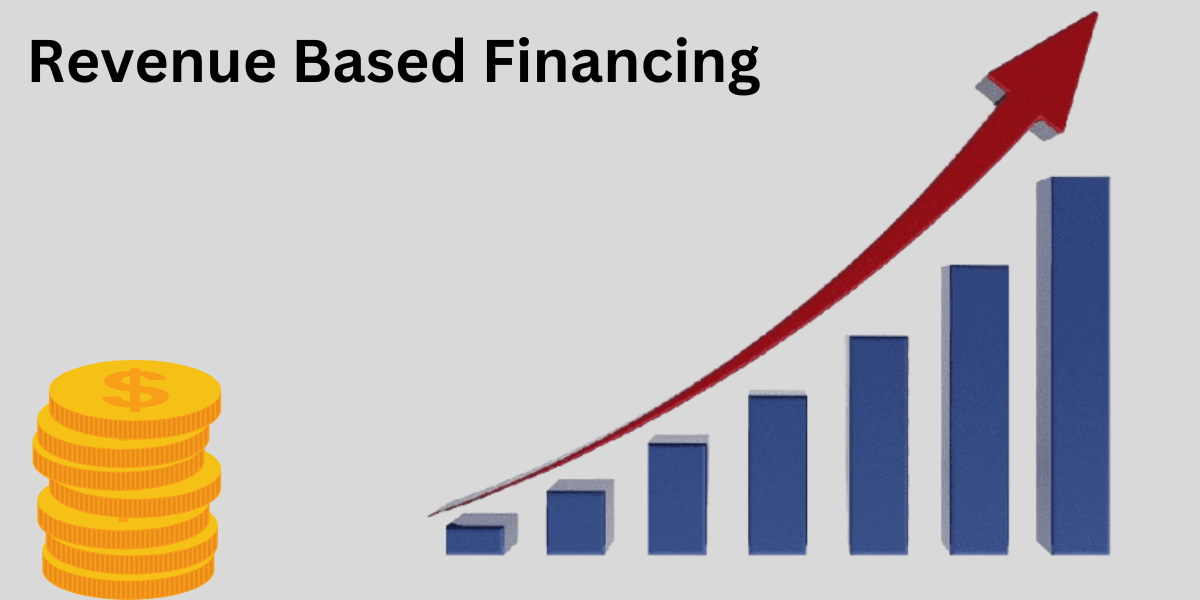

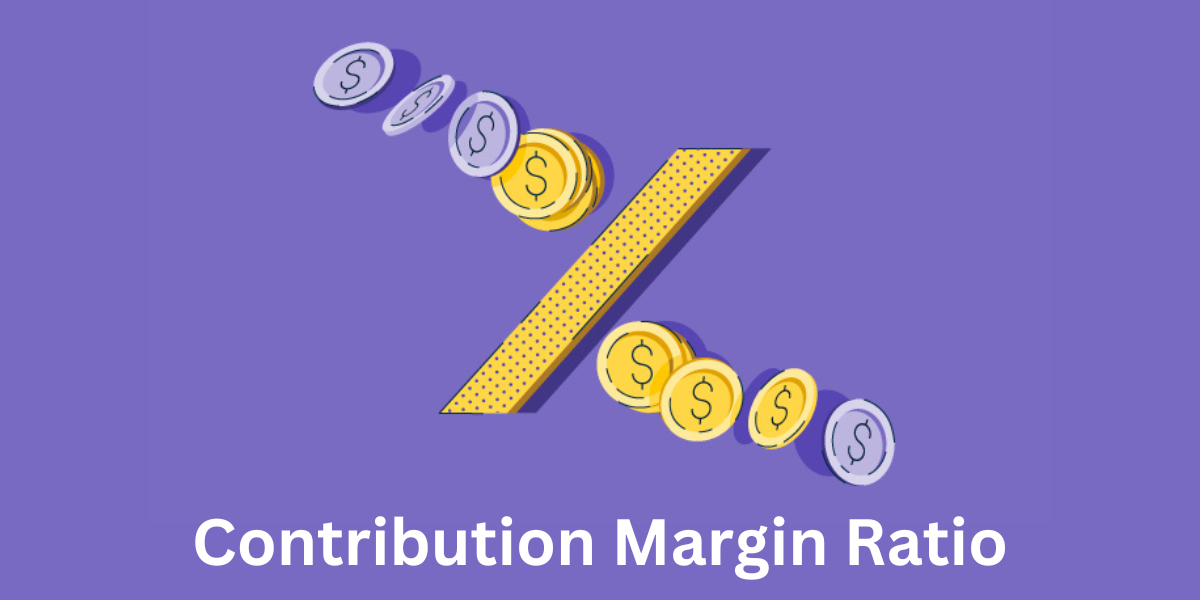
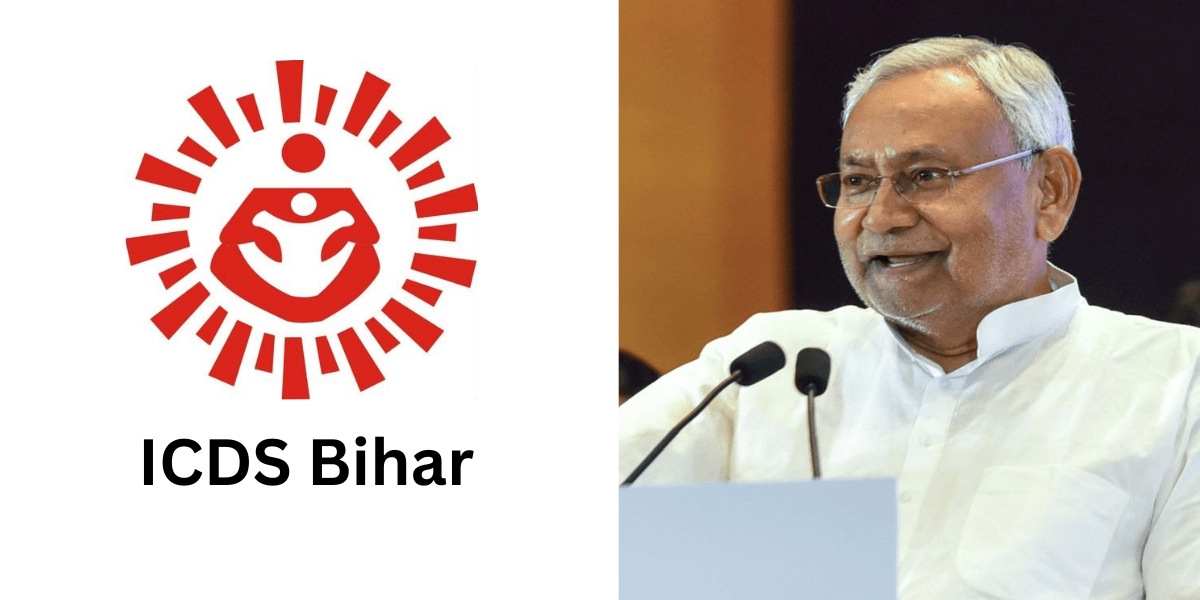
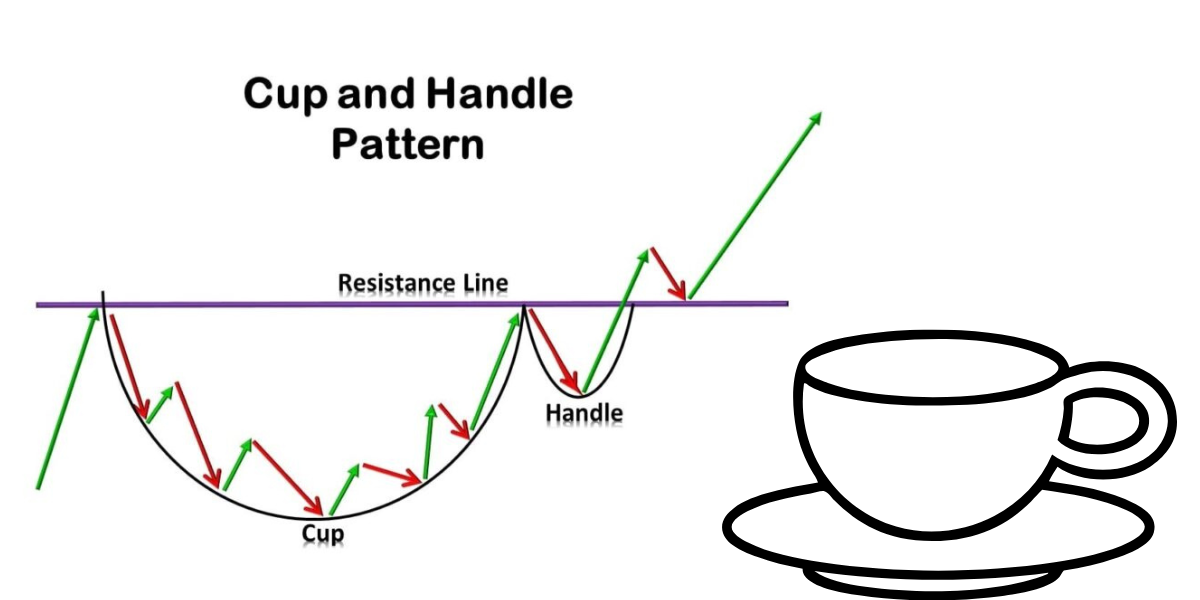
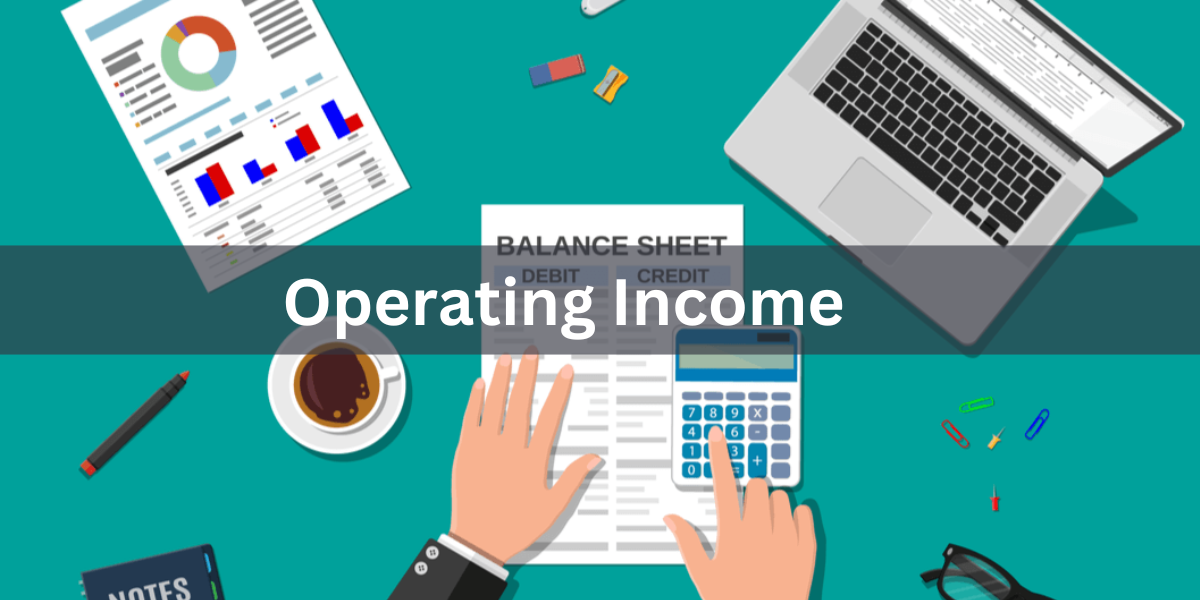
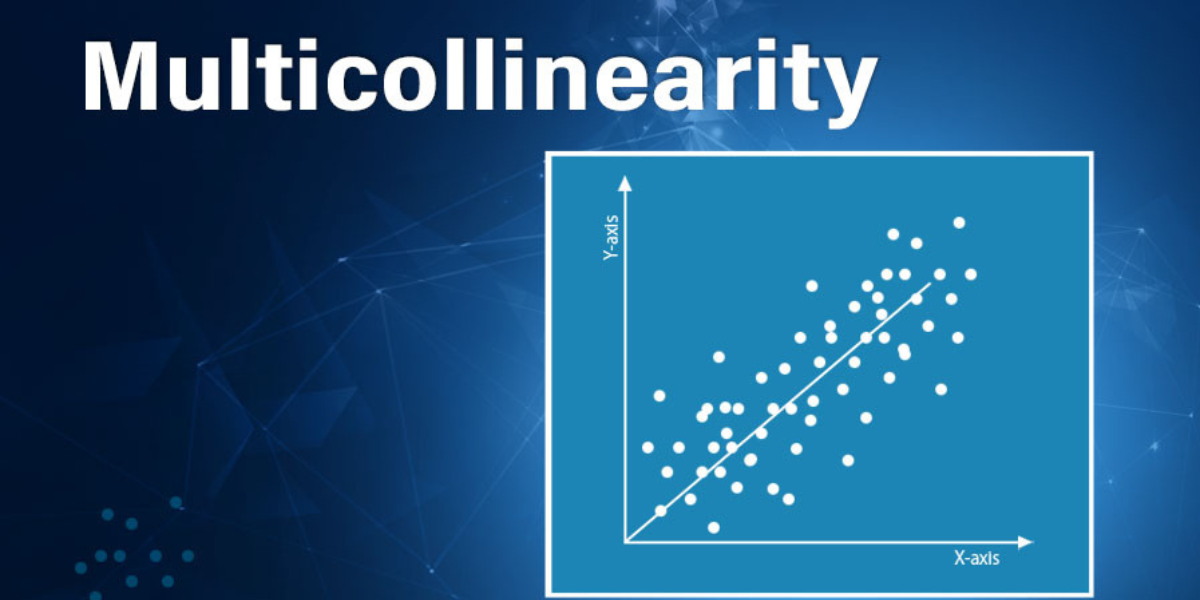


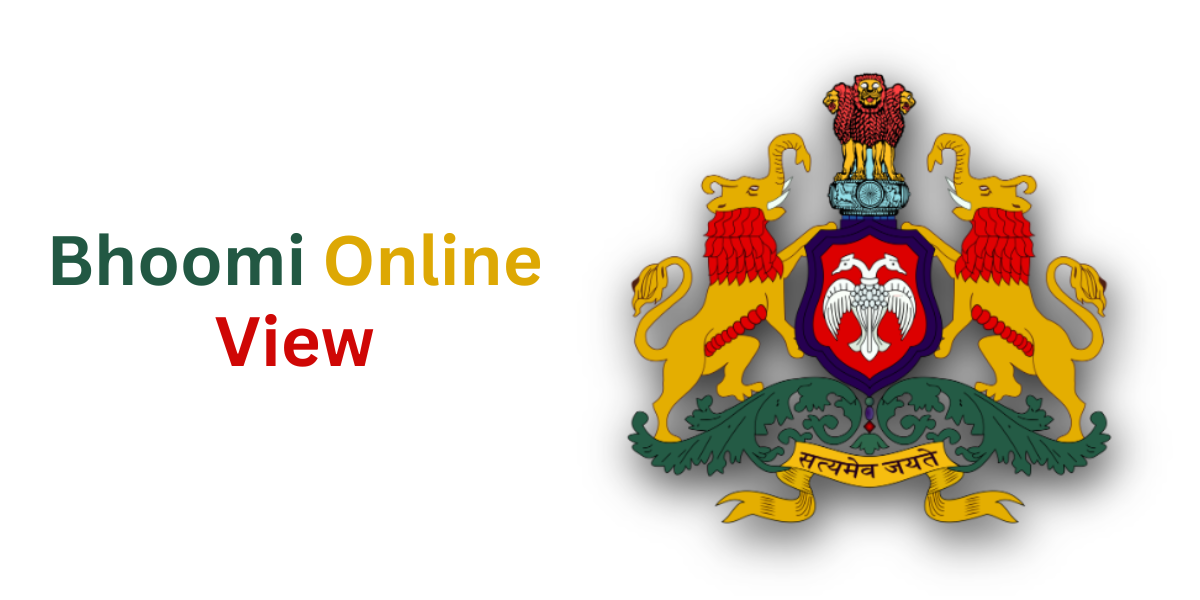
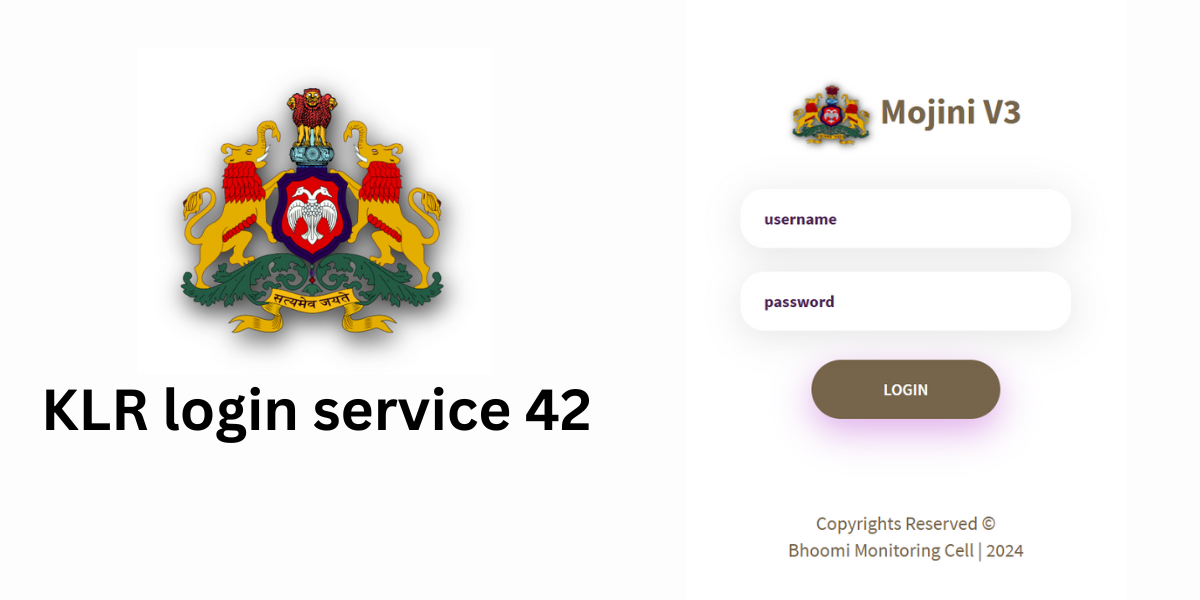
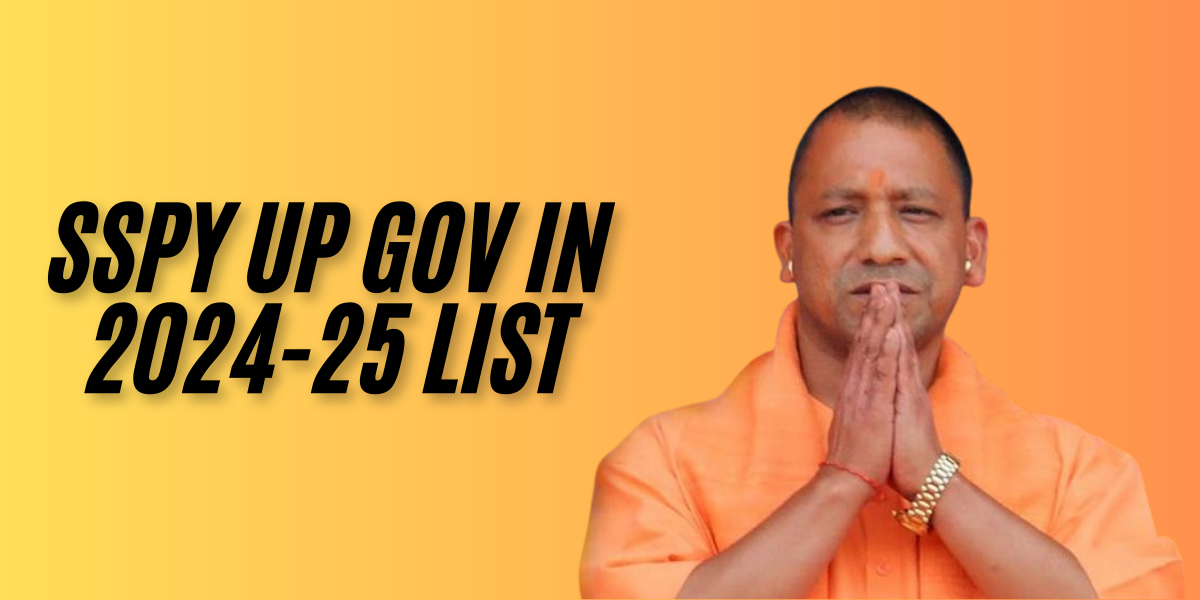
Leave a Reply